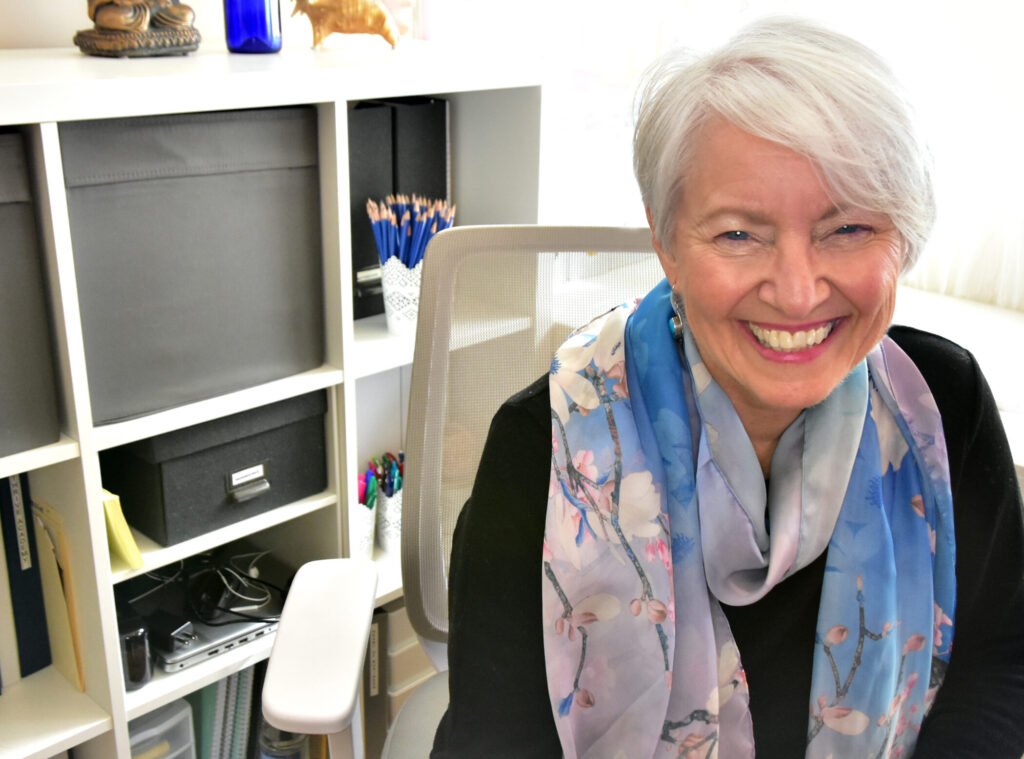
Like many people with ADHD, I collect interesting factoids, pursue shiny ideas wherever they may lead, sometimes down one rabbit hole after another.
If you meet me at a party (you won’t—I’m an introvert and I hate parties…but we can pretend for a moment), I’ll listen with rapt attention to your stories about who you are and what you do, for a living or recreation, no matter what your field.
If you’re enthusiastic, I’ll pick up on your enthusiasm and run with it. Call me multi-passionate.
I’ve always had a broad range of interests, which comes in handy sometimes. Like when I helped neurodivergent university students with term papers in different fields (more on that here). Like editing documents in fields ranging from business to law to oral surgery to psychology and more.
And endless curiosity is surprisingly necessary for the work I landed in at mid-life when I found myself working in a small law firm specializing in trademarks.
I helped small entrepreneurs with a huge range of businesses—yoga studios, shoemakers, musicians, high tech, jewellery artists, inventors of all kinds, and more.
Our clients had an equally huge range of products: clothing, housewares, jewellery, hair stylists’ supplies, windmills, dog food and literally anything else you can think of.
It was my job to take what the client told me and translate it into government-speak for the application for registration. Being interested in everything was a really useful skill for this work.
So how does that help you?
Unless your field is pretty specialized, chances are I know enough about it to have a conversation with you about it. And I know how to ask the kinds of questions that can help you articulate your thoughts more clearly, and write them down more clearly and more easily—and without all the pain.

